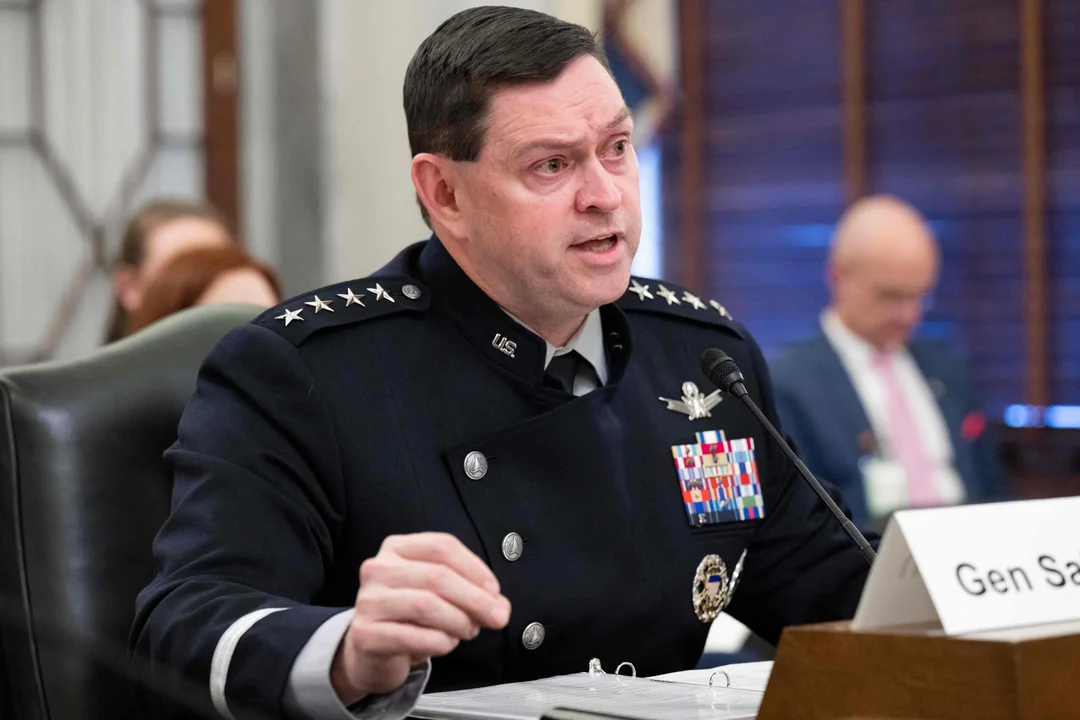
Space Force Faces Tech Setbacks Due to Budget Cuts and Civilian Workforce Exodus
The US Space Force is grappling with significant technological challenges exacerbated by budget cuts and a substantial loss of civilian personnel. Chief of Space Operations General B. Chance Saltzman recently voiced concerns that these factors are jeopardizing the branch's mission to secure America's interests in space.
Established in 2019, the Space Force is tasked with vital responsibilities such as tracking orbital objects and ensuring the security of GPS satellites. However, recent developments have cast a shadow over its ability to fulfill these duties. Saltzman highlighted before the Senate Armed Services Committee that the Trump administration's civilian workforce reduction initiatives have disproportionately impacted the Space Force, leading to a nearly 14% departure of non-military personnel.

"We were in a period of managed growth, and so there was a deficit when we were trying to get to a larger civilian workforce and we were asked to stop, and then asked to offer some to resign early," Saltzman explained. These departures coincide with the Space Force taking on new roles, including preparing for offensive and defensive operations in space, adding further strain to the already depleted workforce.
The impacts are already being felt. For example, the branch asked for $77 million to enhance the resilience of America's GPS satellite network. However, modernization efforts, particularly regarding military-code (M-Code) GPS, are lagging behind schedule. A Government Accountability Office report indicated that the system is unlikely to be fully ready until the end of the decade due to launch delays and inadequate ground infrastructure.
Furthermore, the rise of space weapons developed by Russia and China poses an increasing threat. Analysts have warned that the US Space Force is inadequately prepared to counter these orbital threats. "We are not adequately funded for the new missions that I've been given in space superiority," Saltzman emphasized, underscoring the urgency of the situation. These workforce reductions come as the Space Force is taking on new roles and more missions, including preparing for offensive and defense operations in space, and helping construct the new Golden Dome architecture.
While the Department of Defense asserts that civilian workforce reductions are carefully considered, lawmakers are raising concerns. Rep. Seth Moulton criticized these cuts, suggesting they benefit private companies like SpaceX by providing them with a larger pool of talent. Senator Jack Reed emphasized that the Space Force won't be able to modernize and buy systems without adequate personnel.
The challenges facing the US Space Force are multifaceted, encompassing budget constraints, workforce shortages, and escalating threats in space. The service's ability to adapt and overcome these difficulties will be crucial in maintaining America's space superiority. Can the Space Force effectively balance these competing demands to secure its technological future? Share your thoughts in the comments below.